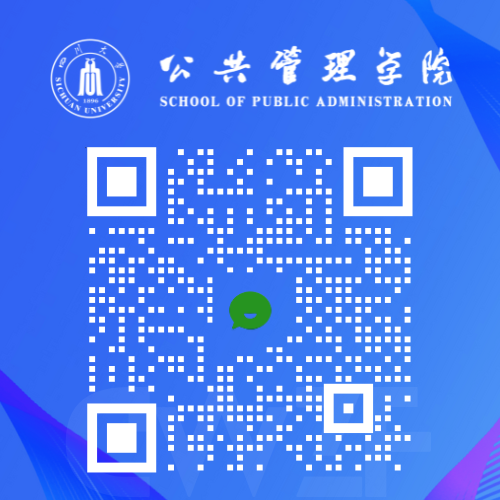摘要:Introduction: Urban-Rural Resident Basic Medical Insurance (URRBMI) is an important system for effectively transferring disease risks to the rural older adult. As China experiences rapid aging, maintaining the physical health of the rural older adult is key to achieving the goal of healthy aging. Methods: The study explores the impact of URRBMI on physical health of the rural older adult in China using the Chinese Longitudinal Healthy Longevity Survey (CLHLS) data in 2018. Ordinary least square models were used to analyze the relationship between URRBMI and physical health of the rural older adult, and we used instrumental variable method to address the potential endogenous problem. Results: We find that URRBMI greatly improves physical health of the rural older adult. The heterogeneity analysis indicates that URRBMI contributes more significantly to the rural older adult in eastern areas and the advanced rural older adult. The results also suggested that URRBMI improves physical health of the rural older adult through increasing life satisfaction and enhancing the timeliness of medical services. Recommendations: This study implies that we need to further improve the participation rate, increase the actual reimbursement ratio and increase financial subsidies for URRBMI in central and western areas, and further integrate the distribution of medical resources to promote physical health of the rural older adult.
关键词:Urban-rural resident basic medical insurance; Rural older adult; Activities of daily living; CLHLS; China
【本文第一作者为四川大学公共管理学院教授,博士生导师。本文系国家社科基金重点项目的阶段性成果。】



